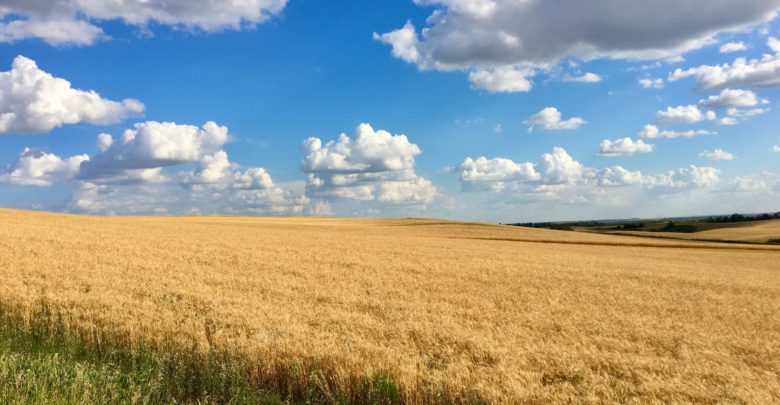 Supplied
SuppliedResearch by a University of Alberta professor aims to help combat high levels of stress, depression and suicide in Alberta’s farming and agriculture industry.
The research is being done by Rebecca Purc-Stephenson, a professor in the department of social sciences at Augustana campus and lead researcher at the Alberta Farm Mental Health Network (AGKnow).
According to Purc-Stephenson, Alberta farmers are dealing with more stressors than before due to changes in market regulations and government legislation, increased globalization, competitive markets, and climate change.
Purc-Stephenson hopes to decrease the amount of time it takes for farmers to seek and receive culturally competent, effective treatment. For farmers, barriers to treatment include rural isolation, distance to urban centres, lack of awareness of mental health, and stigma.
As an industry, there is an ideology of ‘powering through it,’ and a prevalent idea of farmers as private, self-sufficient individuals, said Purc-Stephenson. This often prevents farmers from seeking help, and leads to feelings of isolation.
“[Farmers] may find themselves in the very isolating position of not knowing who to turn to, not wanting to reveal that they’re struggling, and as a result they tend to self-medicate in a way.”
Results from the 2021 Survey of Farmer Mental Health in Canada found that suicide ideation was two times higher in farmers than in the general population. According to the survey, 1 in 4 farmers “felt their life was not worth living” or had thought of taking their life in the last 12 months. At more significant levels than the general population, farmers use stress-coping methods such as alcohol consumption, avoiding others, and self-blame.
AGKnow is working to destigmatize talking about mental health in the agriculture community and provide farmers with resources specific to them. This includes referrals for mental health professionals who have training and experience with farmers and their families.
“We’re really trying to decrease the time it takes for farmers to recognize their symptoms and then to connect with someone who really understands their care.”
A white paper, co-authored by Purc-Stephenson, detailed an adapted approach that would benefit Alberta farmers based on a needs assessment. It was found in the paper that programs being piloted in Ontario would not best serve Albertans. One reason for that is the difference between the type of farming performed in the each of the provinces, and the resulting different identities.
Ontario farming often requires more intensive labour, while Alberta farmers “may spend more time working alone,” the white paper said. Alberta farmers may also not be receptive of mental health services disconnected from the agriculture industry, or programs delivered by government.
It was also found that Albertan farmers valued peer support, and that community-based resources could be beneficial. This is due in part to the lower population density in Alberta than Ontario, making rural areas more isolated and further from urban centres.
Purc-Stephenson said that community involvement is essential to making a lasting impact.
“[Farmers] are involved in our research and they are involved in all of the course development materials that we’re doing,” she said.
Additionally, researchers involved had a background in agriculture. Many of the undergraduate researchers were from the rural areas around the Augustana campus. Purc-Stephenson herself worked at a large turkey farm in high school and university.
“I can now recognize where people were struggling with mental health, but we didn’t talk about it and we probably should have.”
Farming has been known as a stressful occupation for decades and that is unlikely to change, according to Purc-Stephenson. Providing farmers with culturally competent care, mental health literacy, and overall improving farmers mental health will take time, but to Purc-Stephenson, it’s important work worth doing.
“Our vision of AGKnow is to shift the culture of farming so that considering mental health becomes just a natural part of farm life”.




